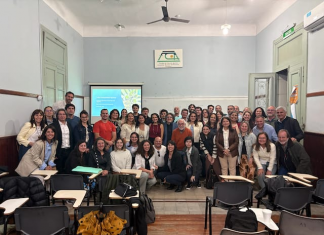Late payment and arrears management is a serious problem that affects many markets, especially public services, with serious consequences for the welfare of low-income populations. In Tucuman (Argentina) about 62% of electricity consumers pay their bills after the due date, and this rate rises to 80% for low-income consumers. Previous literature has suggested that low-income household’s liquidity constraints and financial management may be a possible explanation. Using data provided by ERSEPT on over 20,000 households receiving social security benefits in Tucuman between 2019 and 2022, we investigate how the mismatch between the due date and the day of income reception affects the probability of paying the bill on time. Our findings show that the likelihood of payment on time reduces by 4.5% points when the bill’s due date and social security payment date don’t match and decreases by 3.35% points when there is a mismatch between the service suspension date and the payment date. This study is the first to investigate the impact of mismatch and liquidity constraint shock on utility disconnection and extend the literature on poverty penalty.
Keywords: Late payment, Liquidity shock, Poverty penalty, Social Security
Autora: Fernanda Márquez Ragonesi
Directores: Alejandro Danon y Cecilia Diaz Campo.
Lee la tesis completa haciendo click aquí







